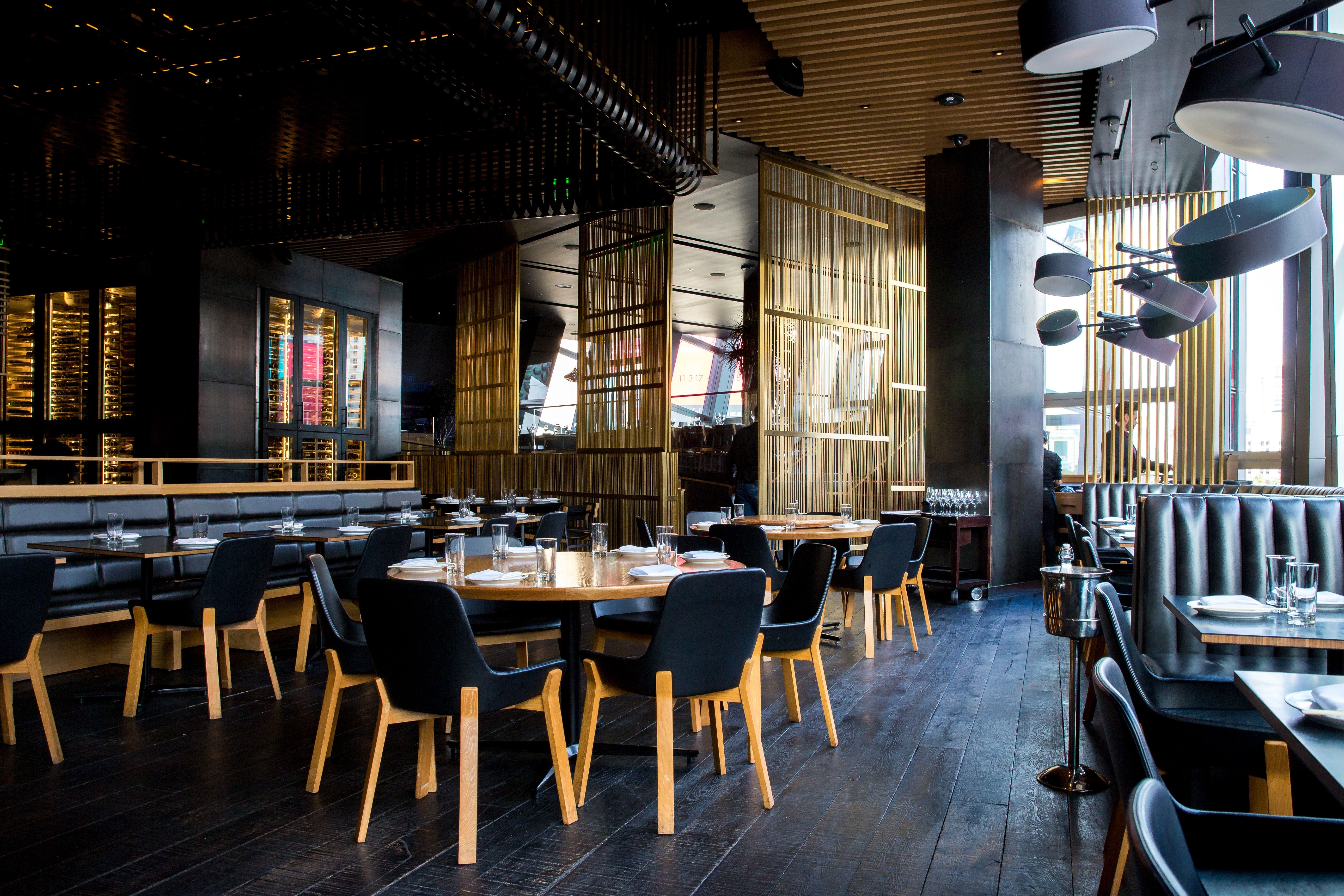262 reads
How Restaurants Need to Rethink Their Models and Digitally Transform
by
November 23rd, 2020

Named #1 Woman in Blockchain Influencer, Host of Minting the Future, Founder of Slay Ventures, International Speaker.
About Author
Named #1 Woman in Blockchain Influencer, Host of Minting the Future, Founder of Slay Ventures, International Speaker.
